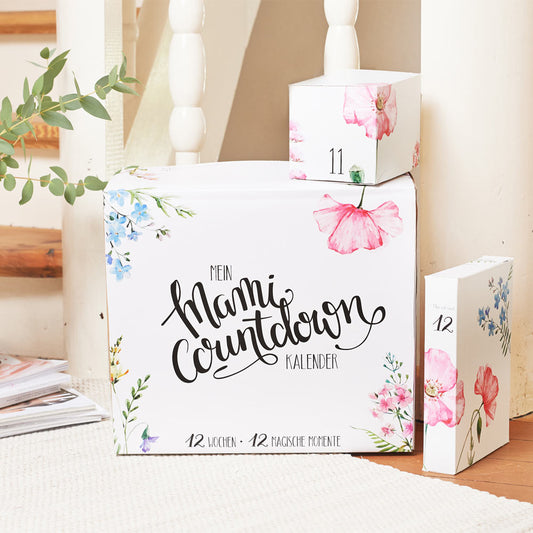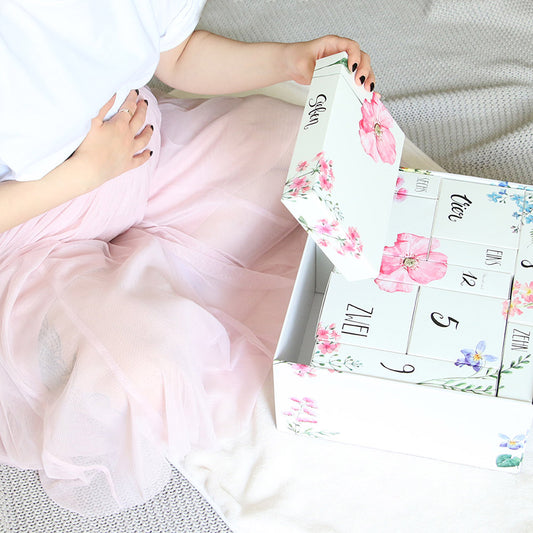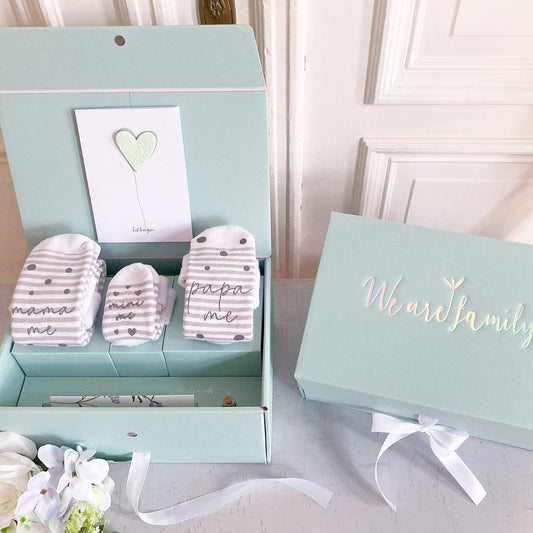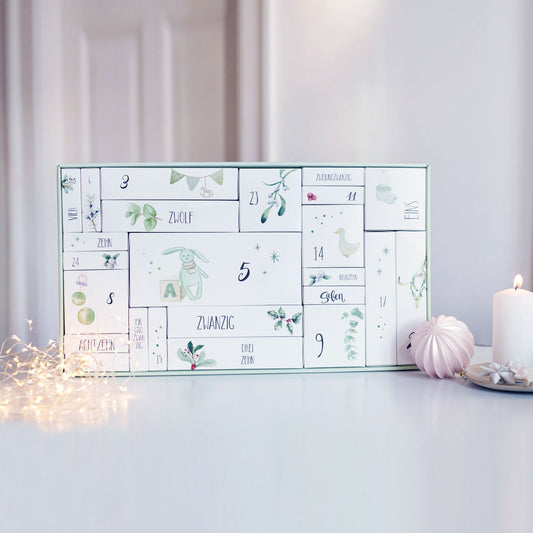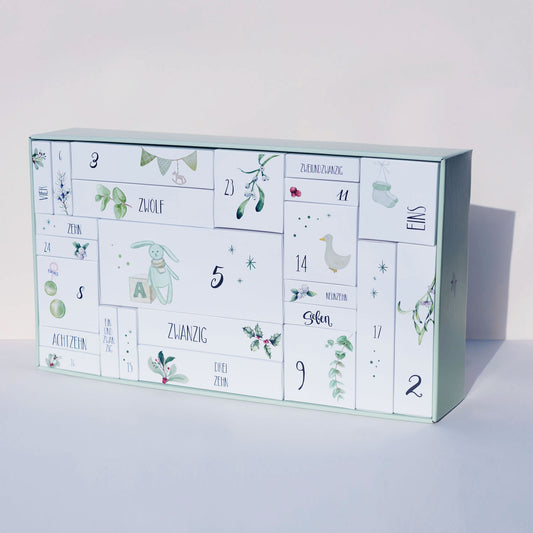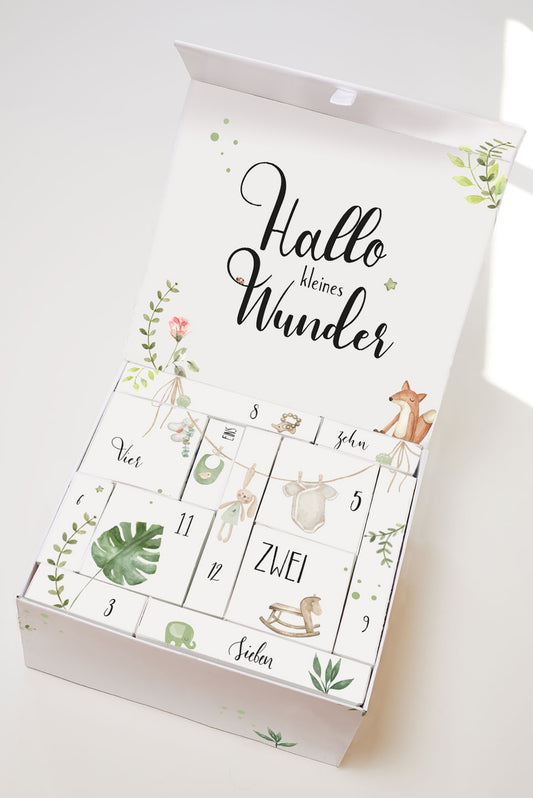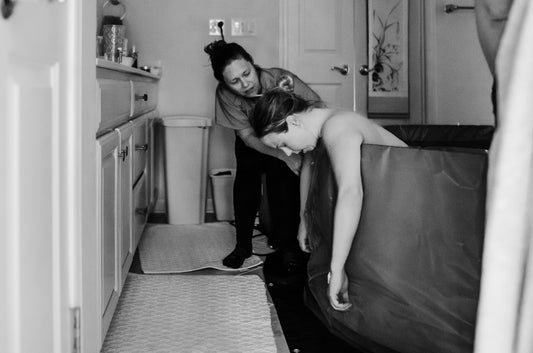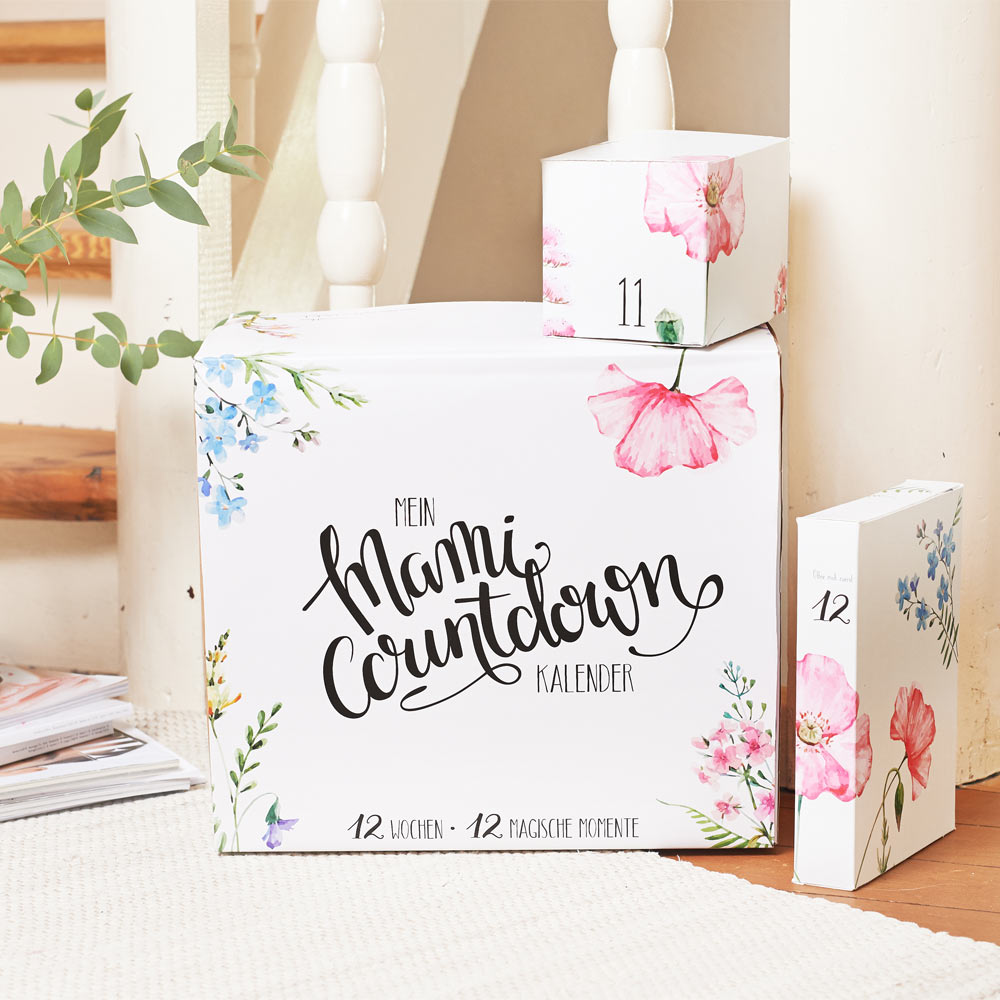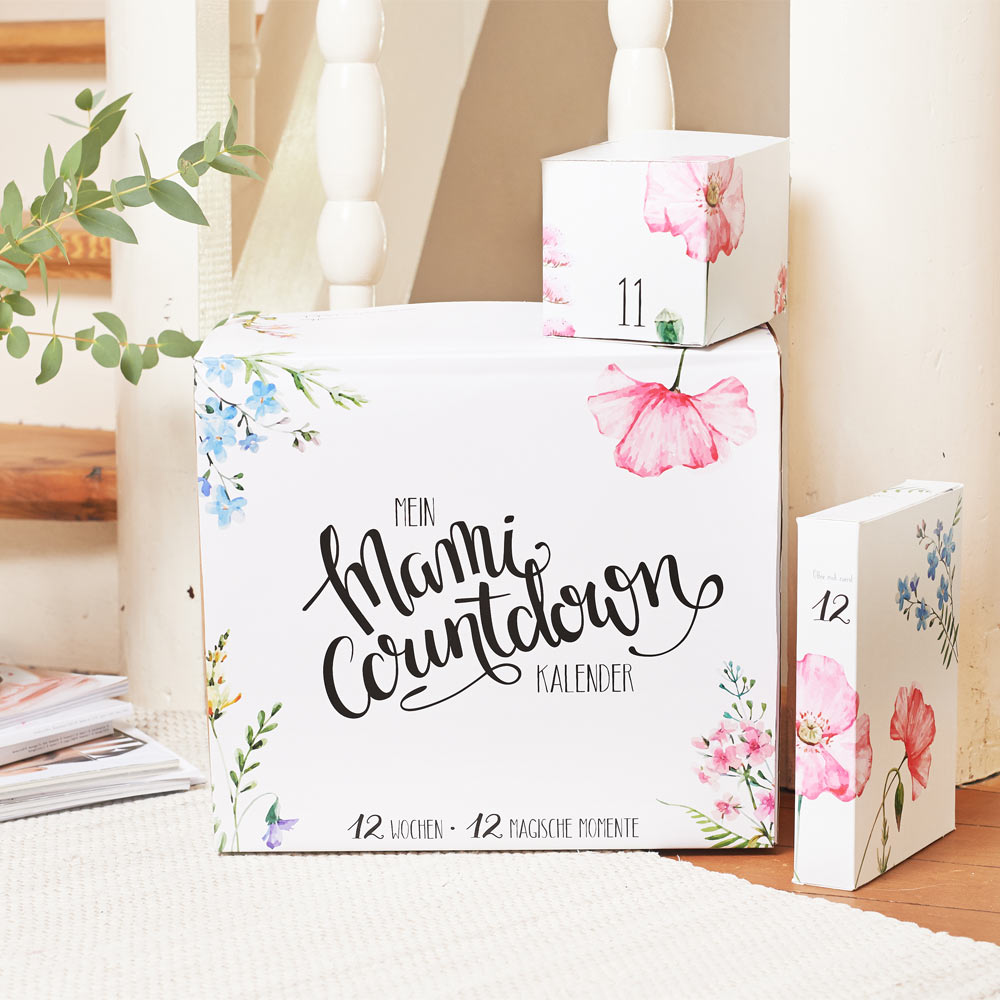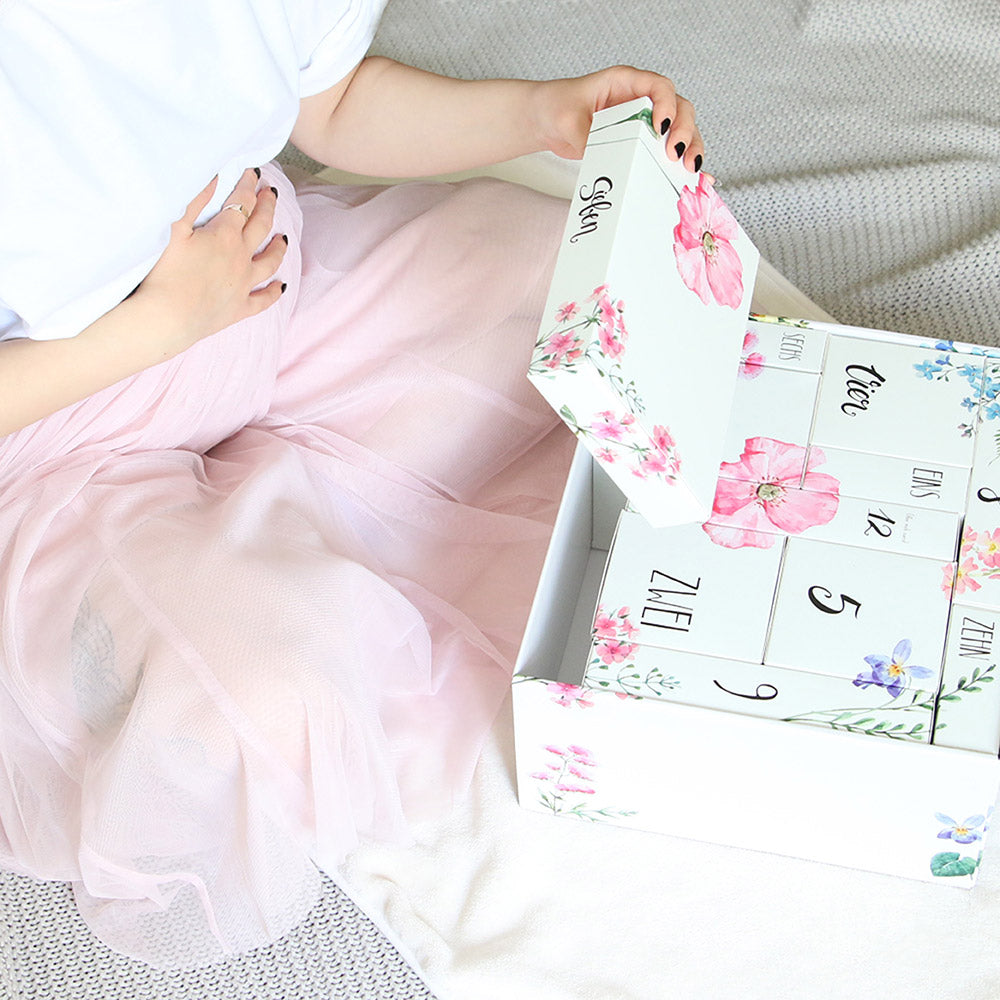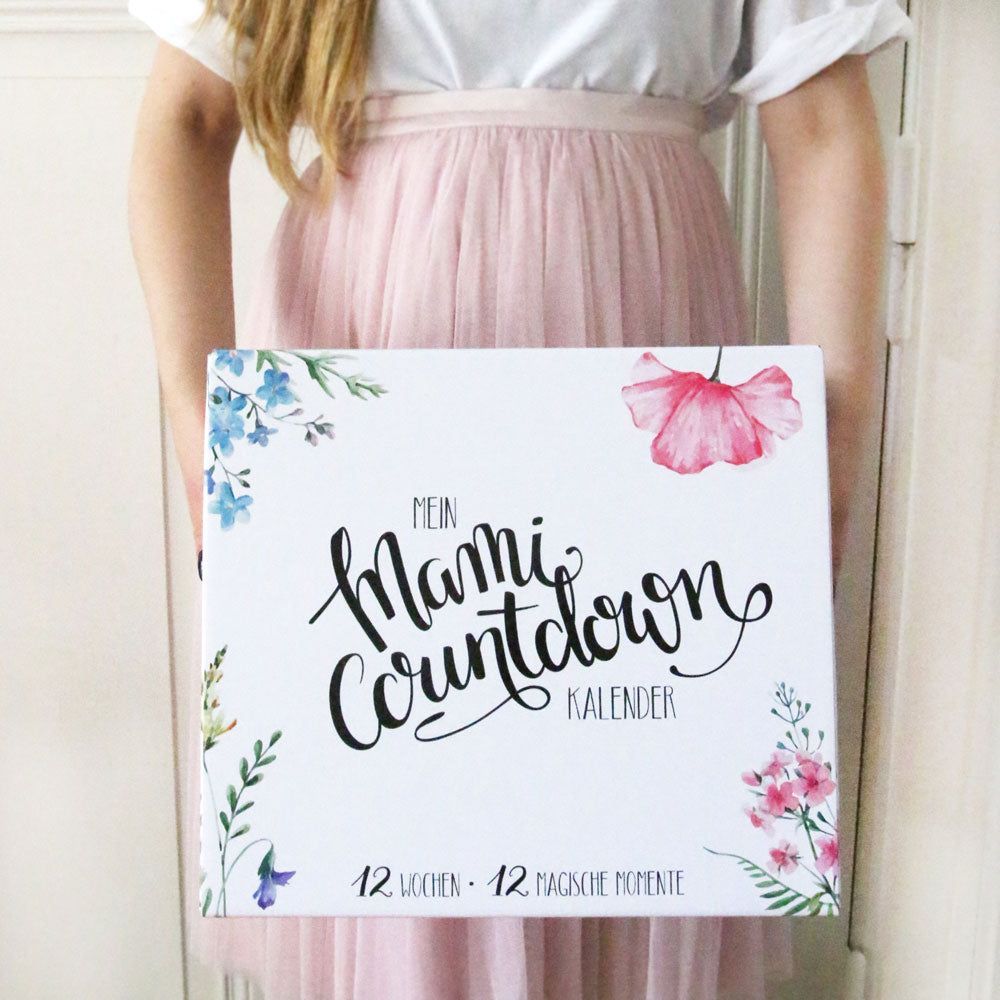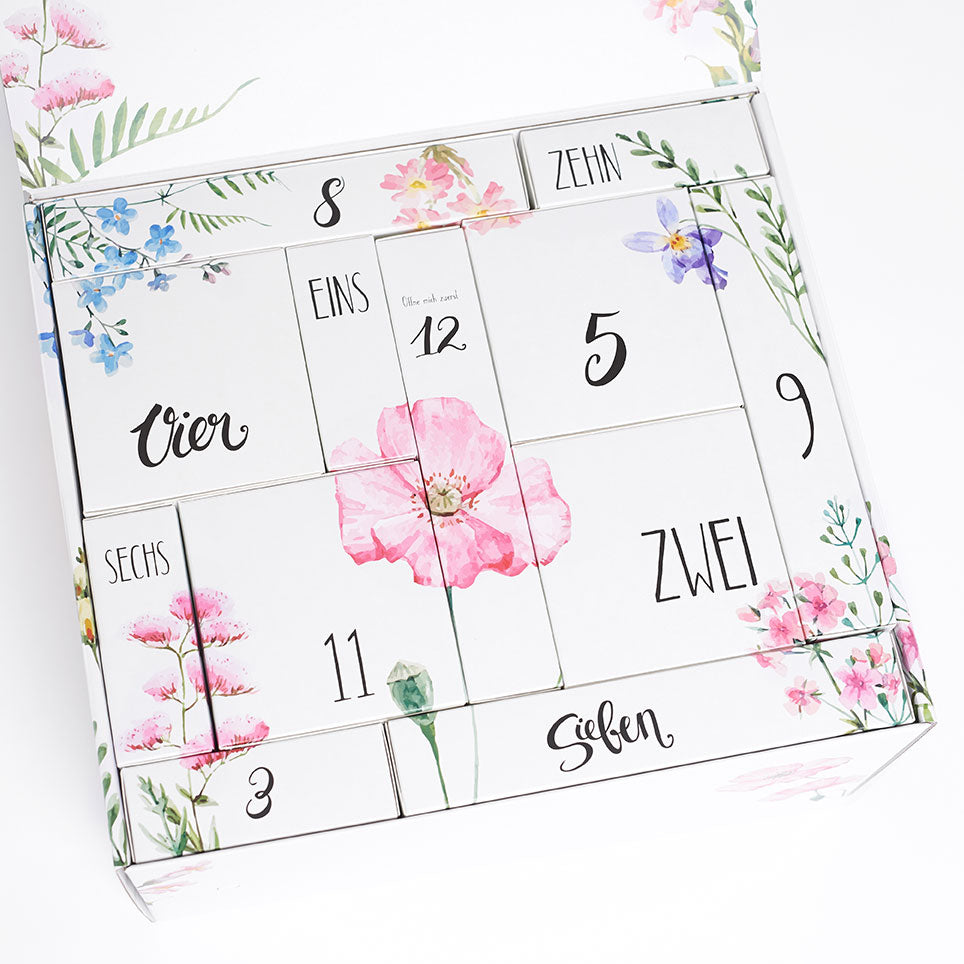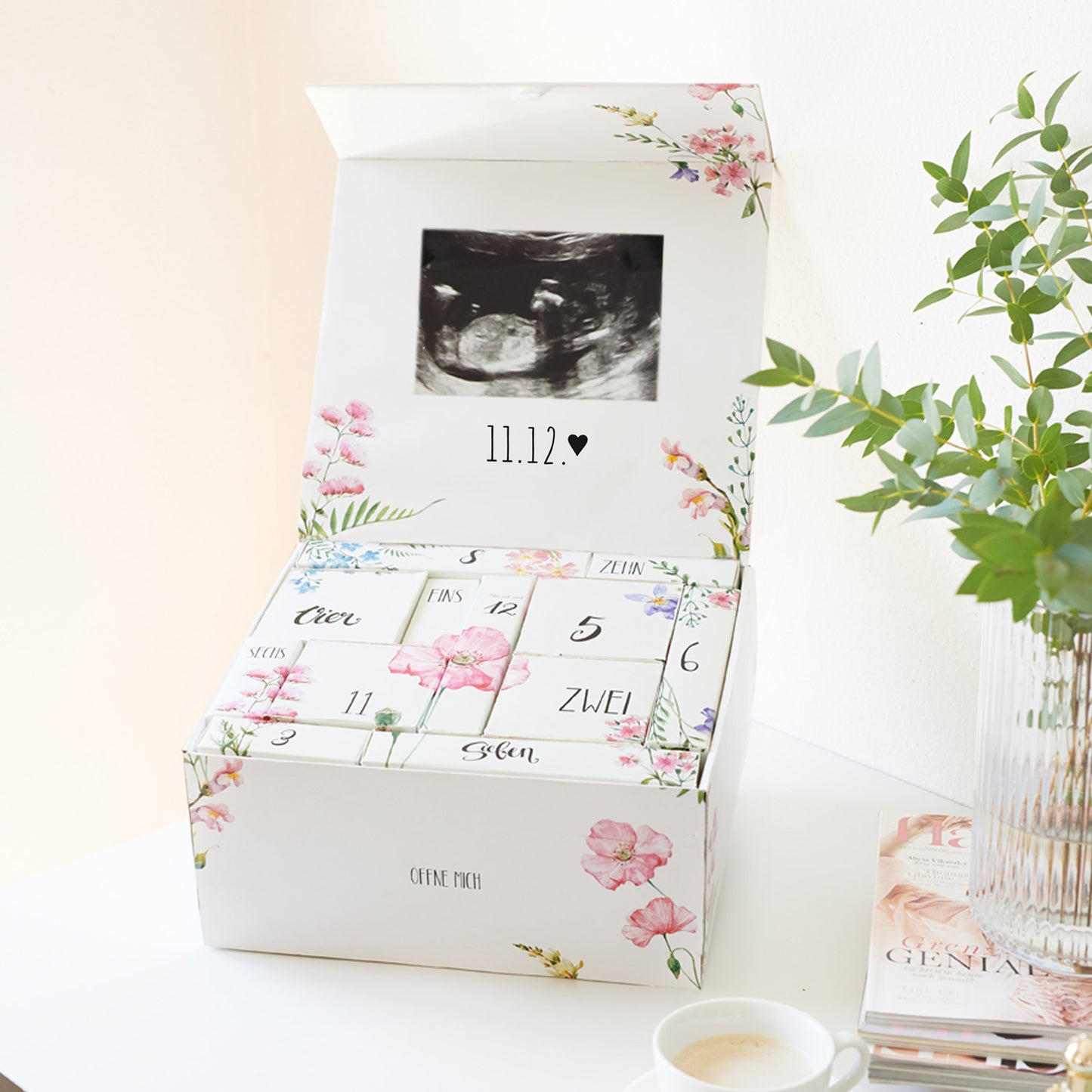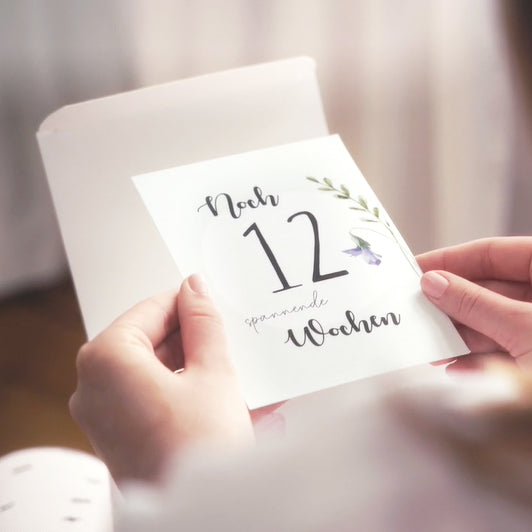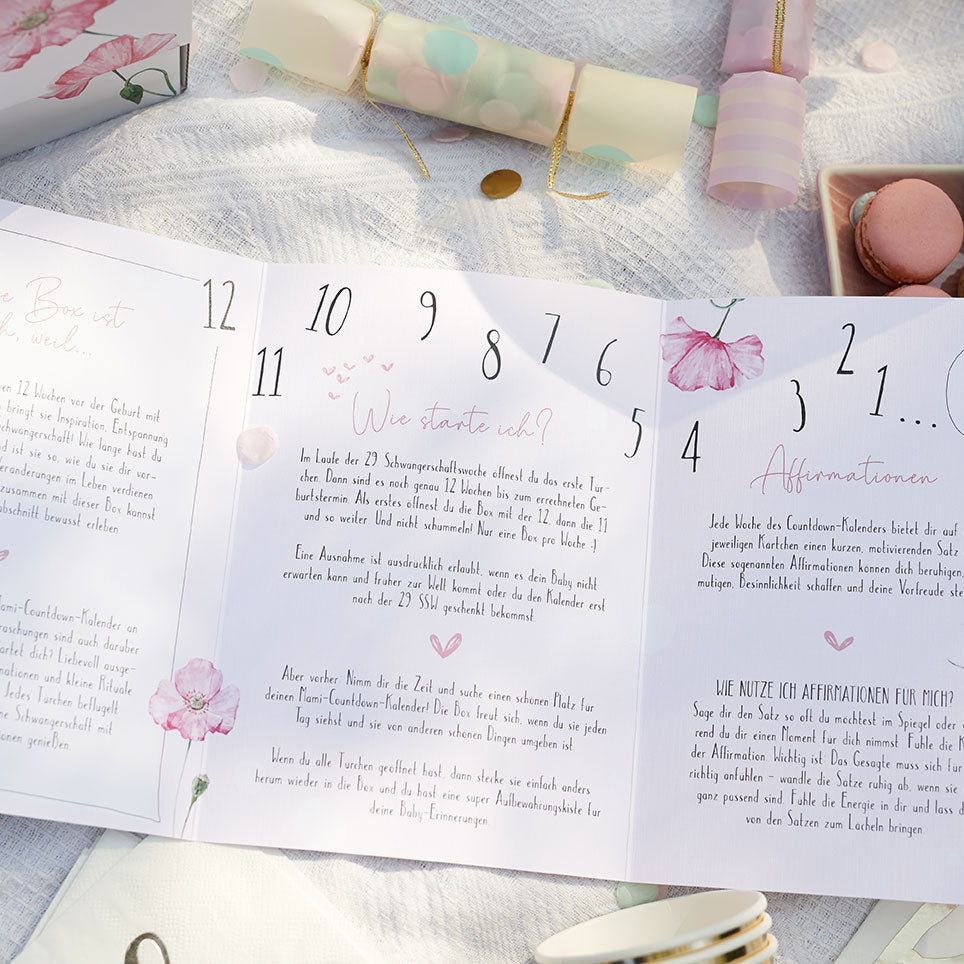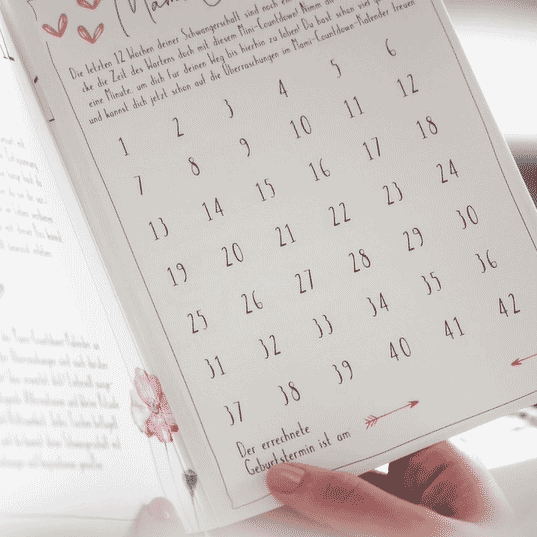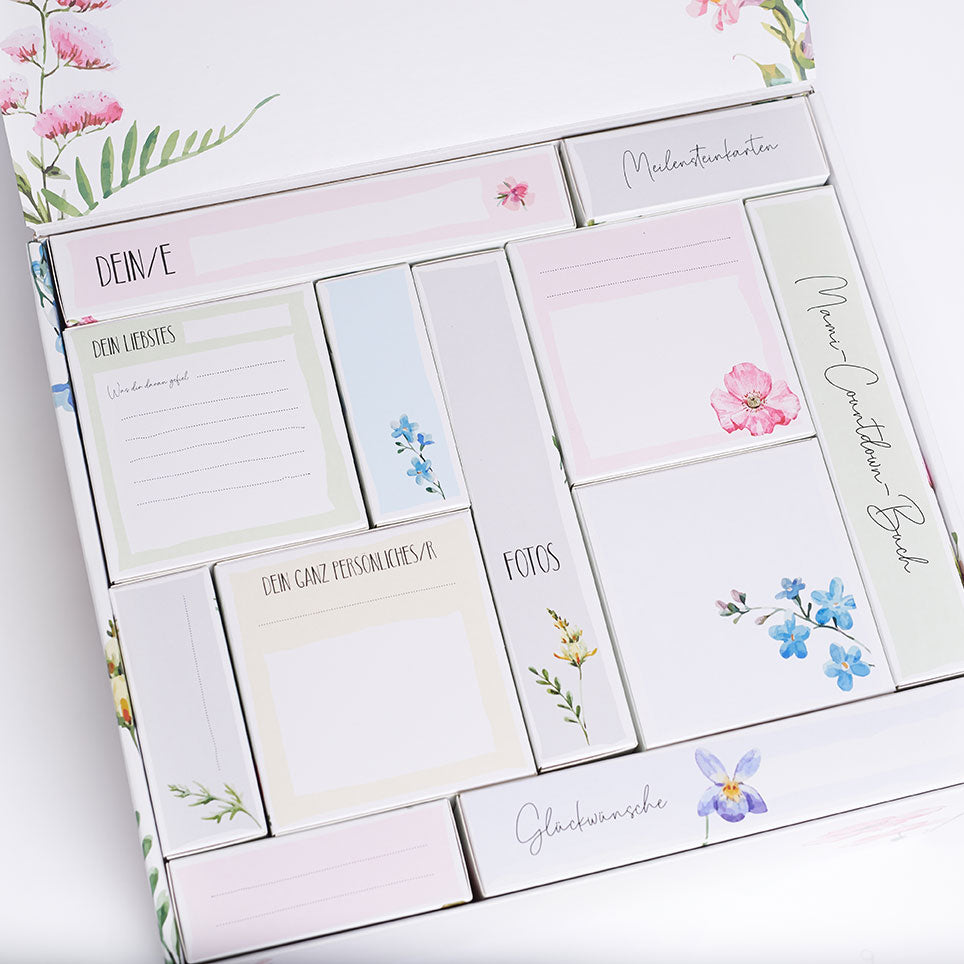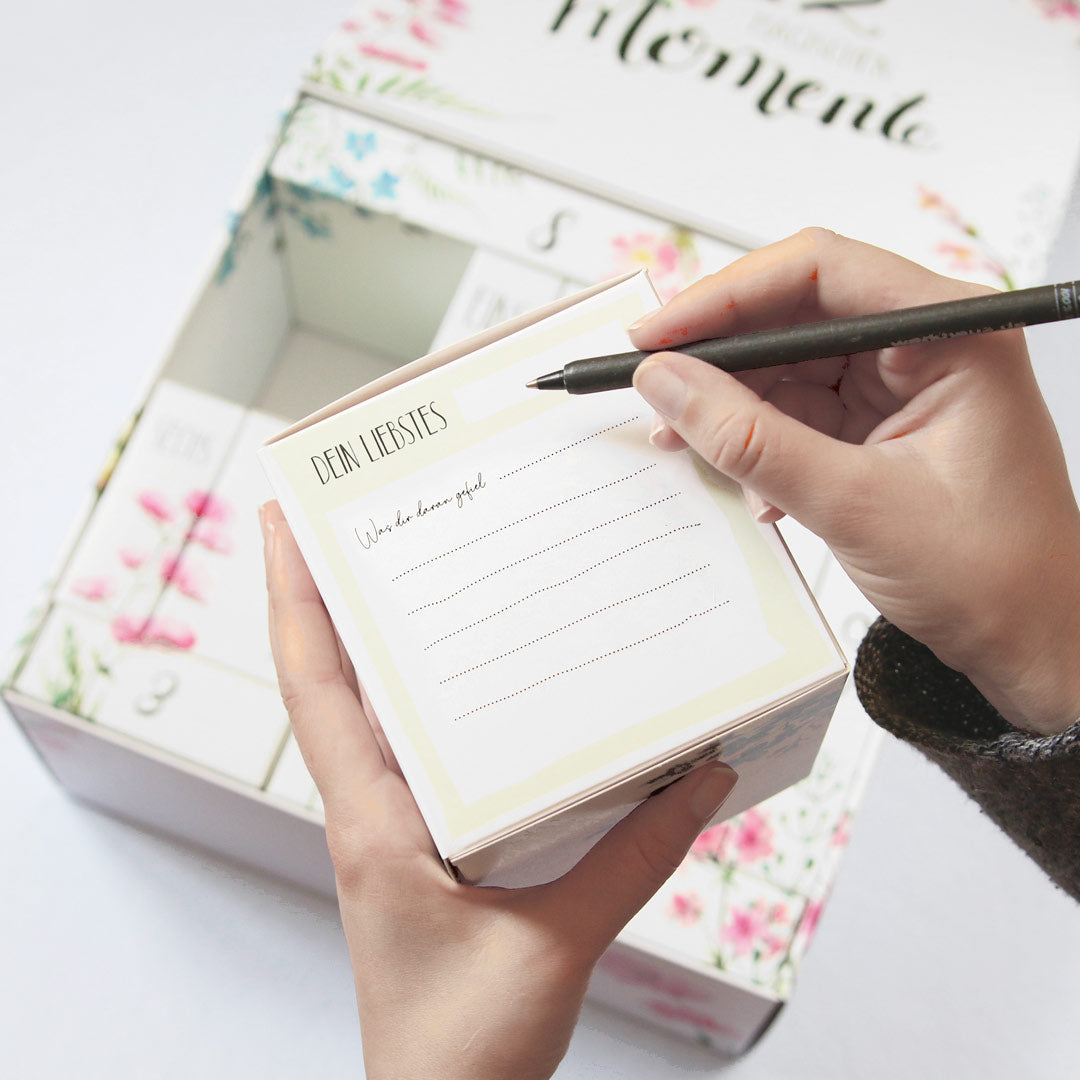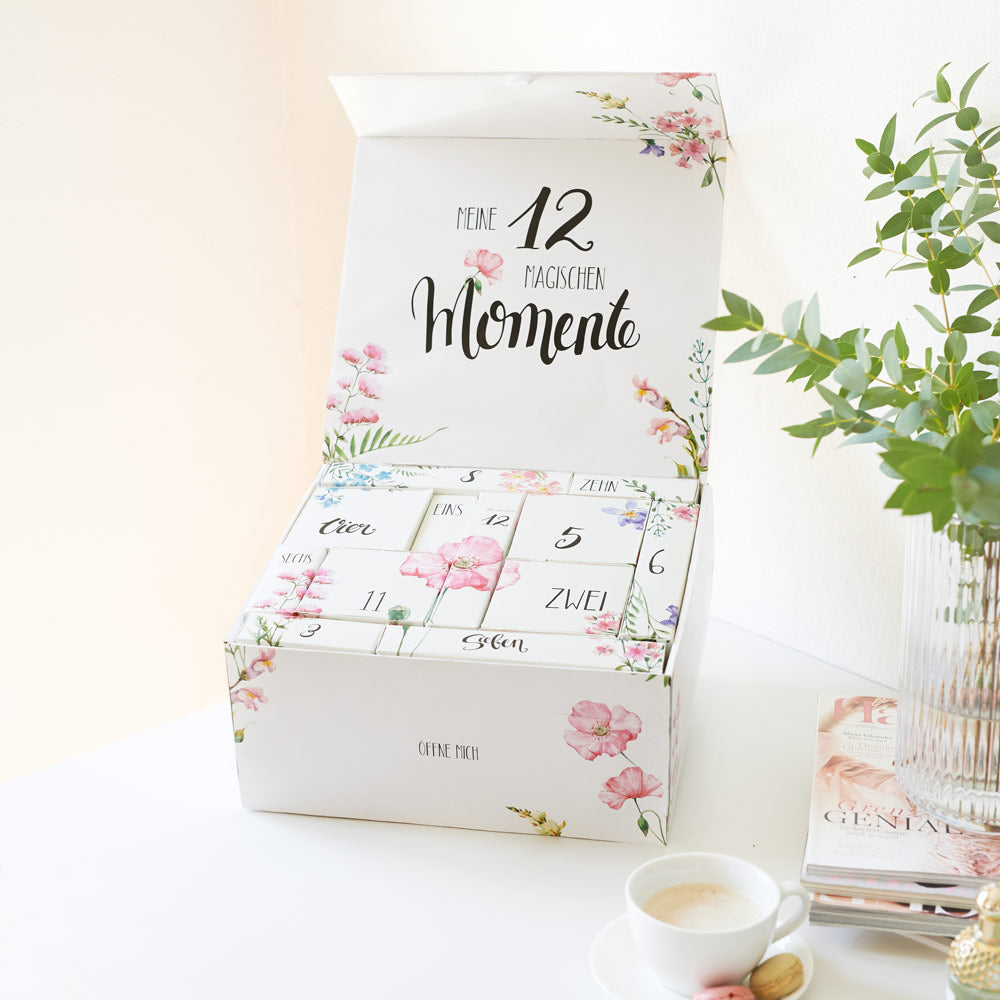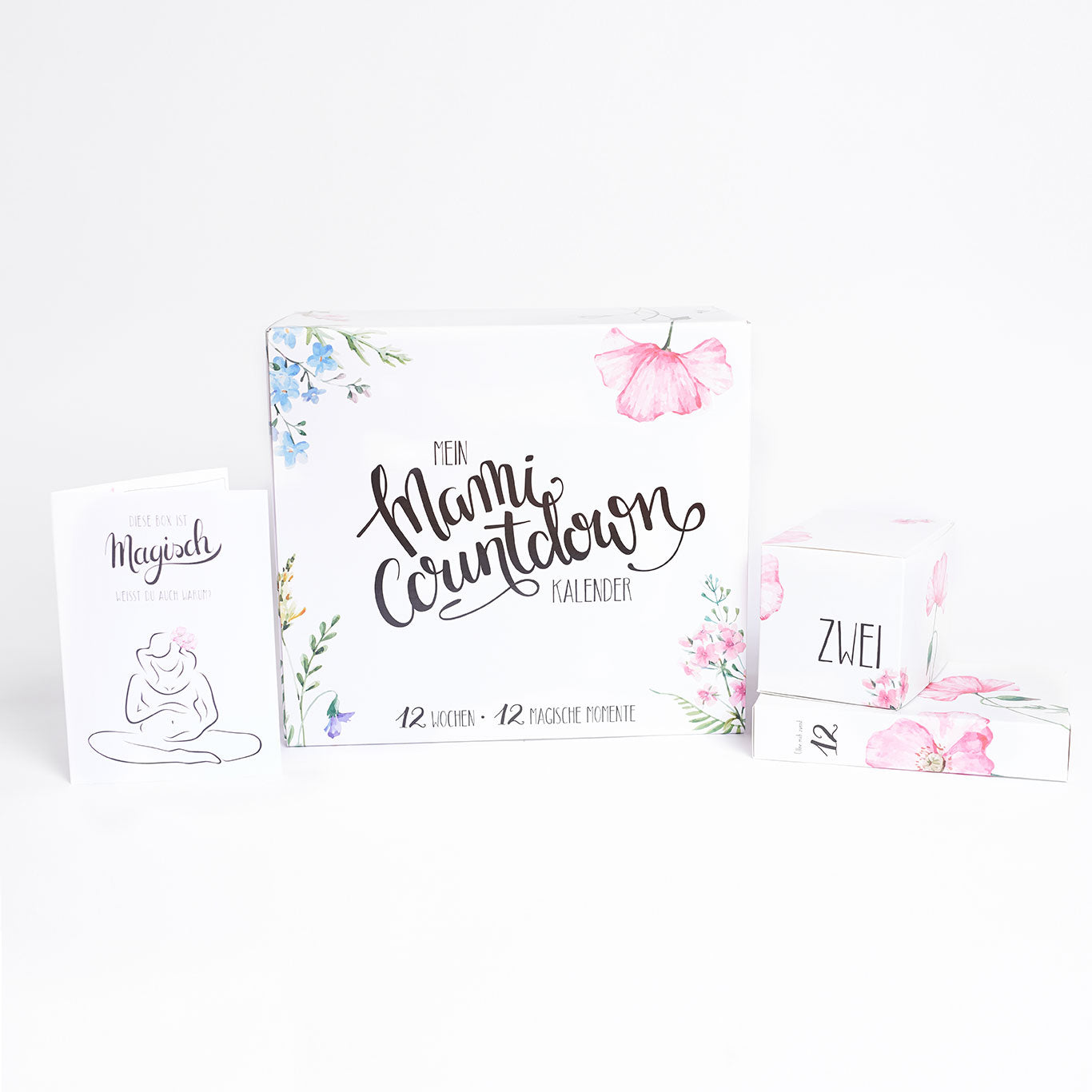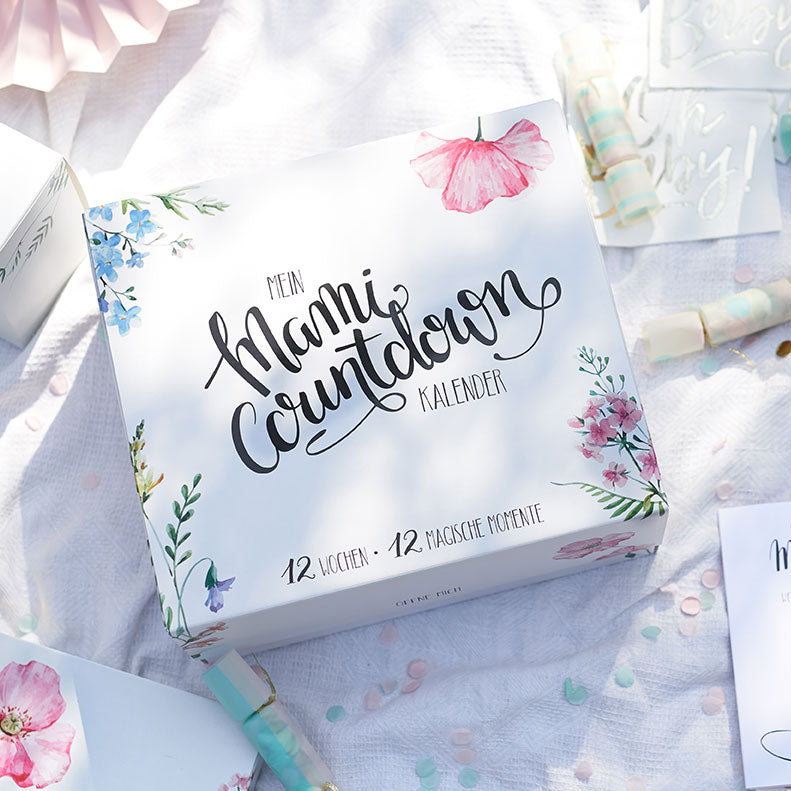A guest article by Sandra von Ehrenstein.
How do we want to raise our child?
Sooner or later, every pregnant couple asks themselves the question: “How do we want to raise our child?” Do we even need to raise our child or can we just do it without raising it?
Long before I became a mother, I had a clear idea in my head: raising children is easy. So many people do it. I'm sure I can do it too. I'll be a loving mother who never scolds. After all, I'm completely at peace with myself. Zen.
I didn't want to be sent to bed, let them buck, talk to the horns, assert myself by any means possible, and engage in daily power struggles.
No matter what I heard from others, I dismissed it with: “It will be different with my children.” When I first became a mother, I decided to definitely do things differently than my parents.
I became a mother and everything was new. I didn't know anything. It felt like a hard blow. I absorbed everything that third parties gave me as "well-intentioned advice".
And I lost more and more trust in my motherly instinct.
Intense emotions
In addition, my baby managed to drive me to the brink of despair. I mean, really strong feelings that I (supposedly) didn't know. It started when I had to do tasks that my baby couldn't be with. Alone on the play mat? Nope? Mom! It cried... and I couldn't get anything done. That really made me angry. I was suddenly complaining every day.
Now I know that the baby is not doing it to annoy me, but because it wants to bond with me. It wants to be with me because it needs me. Knowing that helped me not to be so stubborn about it. It allowed me to concentrate on the solution itself instead of blaming my baby. So I took him in the carrier or playpen with me to the kitchen.
Your baby complains and cries because it wants to do something it can't yet do. This will become more of an issue as it becomes more mobile. If you let your baby try it out, it will eventually be able to do it on its own. It will be motivated to try until it succeeds. I know it is incredibly difficult to endure unpleasant feelings. Especially with your beloved baby. Empathy is not pity.
For starters, understanding helps
To start with, changing your attitude will help you understand what is behind your baby's behavior: Your baby comes into the world with its own motivation to learn and grow.
All parents reach the point at some point where their sweet little baby triggers unpleasant feelings in them that they don't want to feel at all. I didn't want to get angry. Where did that come from? Parental aggression has been a taboo subject up to now. Parents themselves prefer to suppress these feelings. The nasty thing about suppressed feelings, however, is that they stay where they are. My anger didn't get better or less...in fact, it got more.
Feelings scare us. When we perceive them, we think we are making them stronger. "I can't let my child cry," but the exact opposite is the case: feelings want to be felt and then go away. When we let feelings be, they lose their frightening character.
Many parents become frightened of themselves and shut down. Then they lose touch with themselves and a vicious circle begins.
Am I doing this right?
Why won't my baby stop crying?
Why does my toddler keep saying no?
Why does my child do exactly the opposite of what I want?
And why on earth do I complain all day?
Helplessness creates fear, fear becomes anger and anger becomes aggression.
There are so many things I wish I had known beforehand, just to be prepared.
If I had known beforehand what was coming, I would have rushed in anyway. Only I would have been driven instead of despair. Courage instead of fear. Certainty instead of doubt. I would have identified the inappropriate advice, not accepted it and thus spared my sensitive mother's heart.
Deep down inside you feel bad about it. Inadequate. Helpless. Ignorant.
How do I get rid of this? I have 2 options:
1️⃣ I focus on the outside: I "doctor" the behavior of my child that I find unpleasant. My insecurity becomes training.
2️⃣ I focus inward: I look at what my child's behavior triggers in me, find the causes and heal them. My helplessness becomes connection.
As a systemic parent coach, I support parents who choose 2️⃣ . Decide to heal themselves, connected with themselves and their child.
Nobody can tell you how to do it "right". Children don't want perfect parents, they want to learn. We parents learn with our children. The word "mistake" is re-sorted to "helper". And that's how I see it: mistakes are good. They show us what we should work on to do better next time. We grow beyond ourselves.
What your heart says
And if you want to know which way of raising your child is the only right one, then I'll tell you now: Yours.
What your heart says. Not what others tell you. Not what others think is right for your child.
How do you come to trust your intuition? I recommend acquiring knowledge that empowers you to follow your heart.
The path that found me was there all along. Inside me. It came about when I walked it. It came about when I was in harmony with myself and knew what was important to me. It came about when I started to be myself and stopped chasing after an ideal. It came about when I stopped caring about what others said.
In my anger, I decided to look straight in the face. It was hard and painful. Now I feel free. Able to keep a cool head and lovingly set boundaries for my two children.
If I had known beforehand what was going on, I would have been the happy, relaxed mother that I am today. If I had had that knowledge back then, I would have been the mother to my first baby that I am today to both children much sooner.
About the author:

Sandra von Ehrenstein is 34 years old and a mother of two children. Last year she ventured into self-employment with MamiMi-Coaching . As a systemic coach, she supports parents with babies and small children in the attachment and needs-oriented area of child-rearing; especially when it comes to enabling parents to translate their love for their children into loving actions, even in stressful situations.
In her online course to prepare for parenthood, which she created together with her midwife Brit Schönefeld, parents learn self-confidence and composure for the new phase of life with a baby and the tools to maneuver through difficult times.


